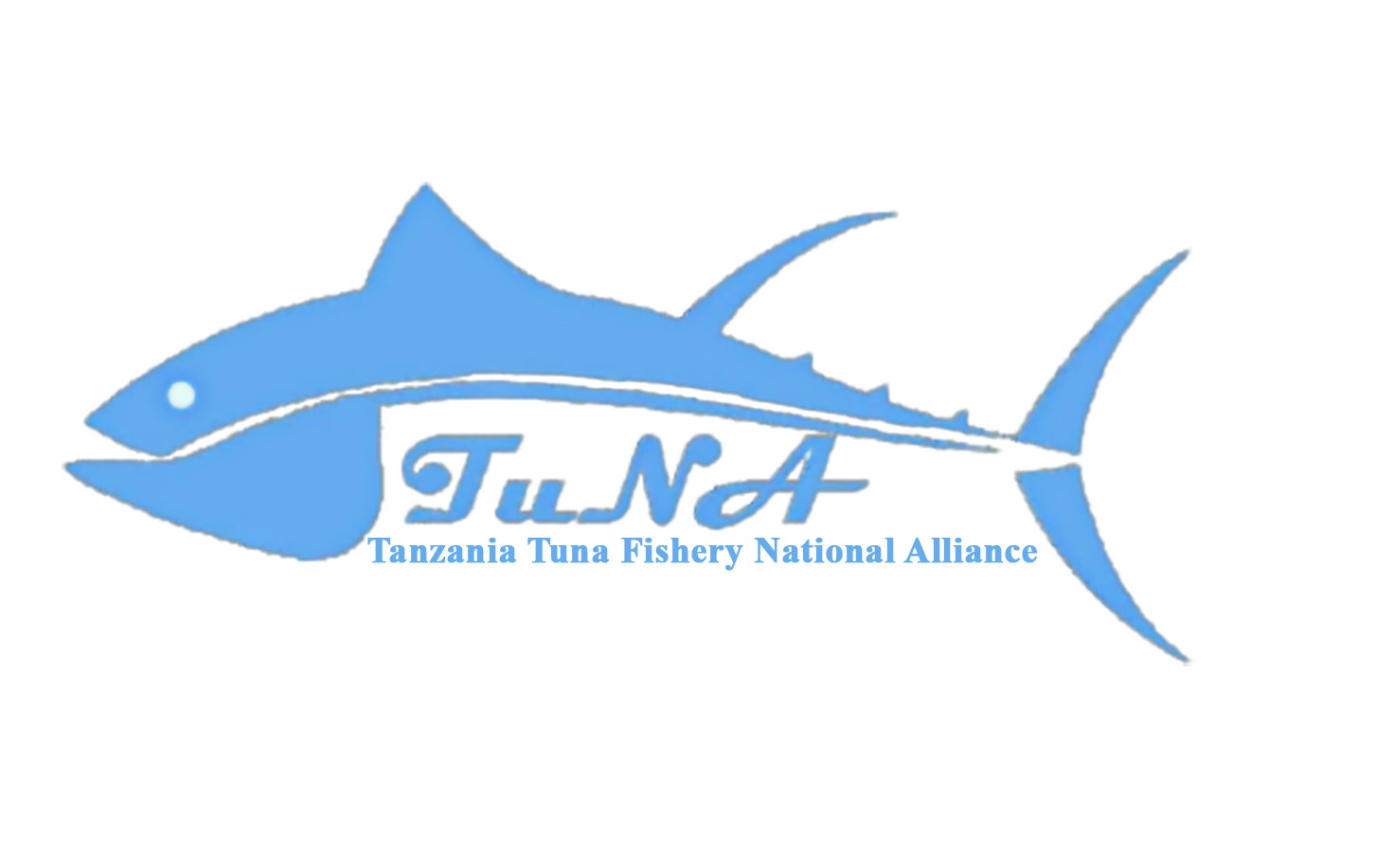Unlocking a Sustainable Blue Economy in the South West Indian Ocean
Project Overview
The South West Indian Ocean (SWIO) region covers 15,000km of the coastline from Kenya, through Tanzania, Madagascar, and Mozambique to South Africa. The region is one of the most important biodiversity hotspots on the planet supporting the livelihoods of over 100 million people. However, fisheries in the SWIO region experiences severe pressure from overfishing, Illegal, Unreported and Unregulated (IUU) fisheries and the destruction of habitats critical for fish reproduction and feeding. As a result, fish stocks, particularly tuna and shrimp, are facing a drastic decline in both small-scale and industrial fisheries, posing a significant risk to the food security of coastal communities. Hence, the project will be implemented for a period of 5 years (2021-2025) aiming at preventing unsustainable fishing practices and generating a shift among African decision-makers and powerholders to a sustainable blue economy.

The Barriers
There are a number of underlying factors that contribute toward the problems of overfishing and habitat destruction;
- Absence of effective policies and plans for guiding sustainable use and management of the marine environment at the national level.
- Absence of clear business cases for financial investments in Sustainable Blue Economy (SBE).
- Inadequate frameworks for the governance of shared fish stocks.
- Weak or inadequate monitoring, control and surveillance systems.

